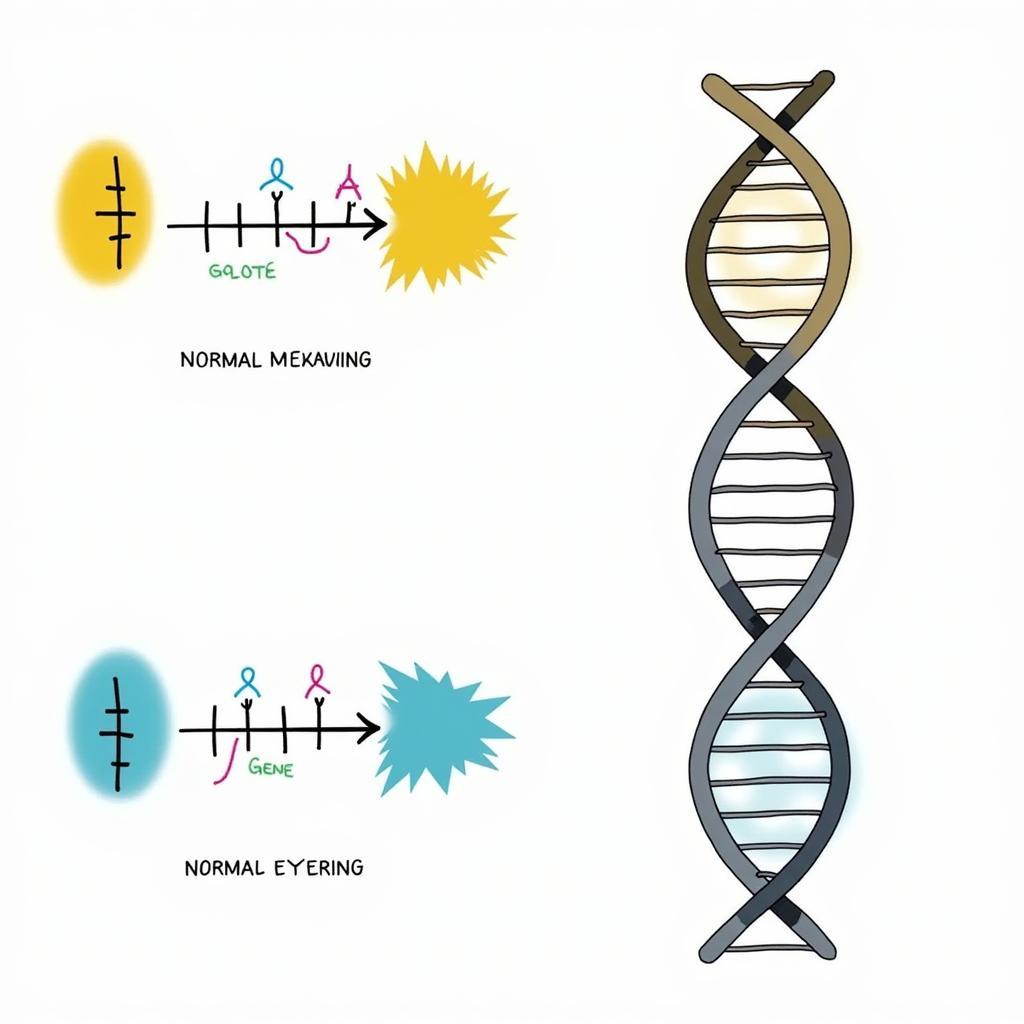African Countries with Stable Electricity: Powering Growth and Development
Access to reliable electricity is a cornerstone of modern life and a critical driver of economic growth. For businesses, stable electricity allows for increased productivity and expansion. For households, it improves living standards, access to information, and overall quality of life. In Africa, where energy access remains a significant challenge, identifying countries with stable electricity is crucial for investors, businesses, and individuals seeking opportunities and a higher quality of life.
Countries with robust power grids attract foreign investment, fostering economic development and job creation. Access to electricity empowers local businesses, enabling them to compete in regional and global markets. For individuals, a stable power supply improves access to education, healthcare, and communication technologies, contributing to improved social and economic outcomes. This article will explore some of the African countries known for their relatively stable electricity supply, analyzing the factors contributing to their success and the impact on their respective economies. Understanding these dynamics can provide valuable insights into Africa’s evolving energy landscape. After reading this, you’ll have a better understanding of where reliable power can be found on the continent.
Exploring Stable Electricity in North Africa
North Africa, with its proximity to Europe and established infrastructure, generally enjoys better electricity access than other regions on the continent. Countries like Morocco, Tunisia, and Egypt have invested heavily in developing their power sectors, leveraging a mix of conventional and renewable energy sources. Morocco, for example, has made significant strides in harnessing solar and wind energy, supplementing its existing hydropower and fossil fuel-based power plants. Tunisia also boasts a relatively stable grid, though challenges remain in meeting peak demand. Egypt, despite its large population, has made progress in expanding its electricity generation capacity, reducing reliance on subsidized fossil fuels.
One key factor contributing to North Africa’s relative success in electricity provision is the political will and commitment to invest in the energy sector. Governments in the region have prioritized infrastructure development, recognizing the vital role of reliable power in economic growth and social progress. These efforts have translated into improved access to electricity for businesses and households, contributing to a higher quality of life and attracting foreign investment. The relative stability of the political landscape in North Africa also plays a role in ensuring consistent development and maintenance of the power infrastructure.
Southern Africa: A Mixed Bag of Electricity Access
Southern Africa presents a more complex picture regarding electricity access. South Africa, the region’s economic powerhouse, has historically had a well-developed electricity sector, though it has faced challenges in recent years with aging infrastructure and increasing demand. However, countries like Botswana and Namibia also demonstrate relatively stable electricity access, owing to a combination of domestic generation and regional power pools. These power pools, such as the Southern African Power Pool (SAPP), facilitate cross-border electricity trade, enhancing energy security and resource optimization.
Despite the relative stability in some Southern African countries, significant disparities remain within the region. Many countries, particularly those grappling with political instability or limited resources, struggle to provide reliable electricity access to their populations. Closing this gap is crucial for promoting inclusive economic development and improving living standards across the region.
The African Development Bank PIB plays a crucial role in funding infrastructure projects, including those related to energy development.
Investing in renewable energy sources presents a significant opportunity for Southern Africa. The region has abundant solar and wind resources, which can be harnessed to diversify the energy mix and reduce reliance on fossil fuels. This shift towards cleaner energy sources can also contribute to mitigating climate change and creating new economic opportunities in the renewable energy sector. Addressing the African disparity in global economic development is closely tied to ensuring access to reliable and sustainable energy sources.
Which African Countries Have the Most Stable Electricity?
While pinpointing the countries with the absolute most stable electricity is difficult due to varying data collection methods and definitions, it is generally accepted that countries in North and parts of Southern Africa have more reliable grids. However, the landscape is constantly changing with ongoing investments in infrastructure and renewable energy projects across the continent. For the latest and most accurate data, consulting resources like the African Development Bank PIB and reports on African countries with highest growth rates can be beneficial. These reports often highlight the progress being made in individual countries and provide insights into future energy developments.
How Does Electricity Stability Impact Economic Growth in Africa?
Stable electricity is intrinsically linked to economic growth in Africa. Reliable power fuels industrial activity, supports the growth of small and medium-sized enterprises, and enhances agricultural productivity. It also improves access to essential services like healthcare and education, empowering communities and fostering human capital development. Studies have shown a strong correlation between electricity consumption per capita and GDP growth in African countries. The African Development Bank UPSC resources offer valuable insights into this relationship.
Conclusion: Powering a Brighter Future for Africa
Access to stable electricity is not just a matter of convenience; it is a fundamental requirement for social and economic progress. While challenges remain, many African countries are making significant strides in improving their electricity infrastructure, paving the way for sustainable development and a brighter future for their citizens. By continuing to invest in both conventional and renewable energy sources, and fostering regional cooperation, Africa can unlock its vast potential and ensure that reliable power reaches every corner of the continent. Access to stable electricity is fundamental for the future prosperity of African countries.
FAQ
-
What are the major challenges to electricity access in Africa? Limited infrastructure, financing gaps, and political instability are some of the key challenges.
-
How can renewable energy contribute to solving Africa’s energy crisis? Abundant solar and wind resources can be harnessed to provide clean and sustainable power.
-
Which African countries are leading the way in renewable energy adoption? Morocco, Kenya, and South Africa are among the frontrunners in renewable energy development.
-
How does unreliable electricity affect businesses in Africa? Power outages disrupt production, increase costs, and limit business growth.
-
What is the role of international organizations in supporting Africa’s energy sector? Organizations like the African Development Bank provide funding and technical assistance for energy projects.
-
What is the link between electricity access and education in Africa? Reliable electricity allows students to study after dark and access educational resources online.
-
How can individuals contribute to improving electricity access in their communities? Supporting sustainable energy initiatives and advocating for policy changes can make a difference.
More Questions?
For further inquiries on electricity access in Africa and related topics, please explore our other insightful articles.
Need Help?
When you need assistance, please contact us by Phone: +255768904061, Email: kaka.mag@gmail.com, or visit us at: Mbarali DC Mawindi, Kangaga, Tanzania. We have a 24/7 customer service team.

